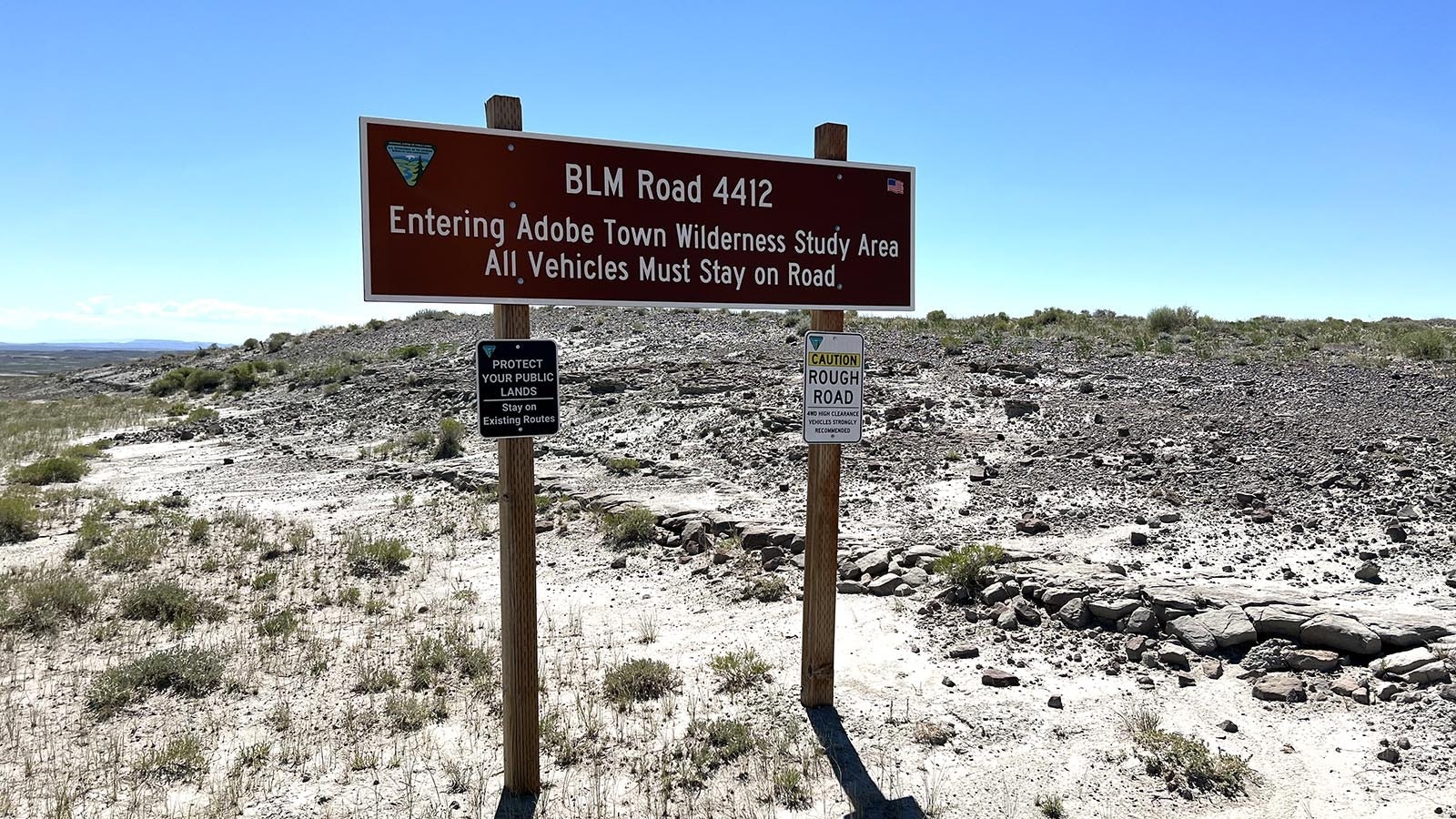The City of Lander is not immune from a lawsuit filed because a police officer lost a bat, Wyoming’s Supreme Court has ruled.
Justices on Tuesday sent back to state district court a case in which a family sued the city because family members were forced to undergo rabies treatment after a bat found in their home escaped before it could be tested for rabies.
The court, in an opinion written by Justice Lynne Boomgaarden, ruled that the state district court improperly granted the city a decision in its favor when its lawyers claimed the city was immune from the lawsuit.
“The district court erred procedurally and as a matter of law when it granted summary judgment to the city and we conclude the city was not entitled to summary judgment as a matter of law on the undisputed facts of record,” the opinion said.
The ruling stems from a lawsuit filed against the city of Lander by Calli and Phillip Cornella and their three children.
According to the ruling, the Cornellas called the Animal Control Division of the Lander Police Department in September 2016 to ask for help in removing a bat from their home. An officer responded to the home and captured the bat, which he was going to take to the Wyoming Game and Fish Department for rabies testing.
However, before the bat was delivered, it escaped. As a precaution, the family was advised to get rabies vaccines, which cost $83,000 for all five family members.
The family sued the city in July 2019 seeking $133,000 in damages, arguing in part that the police officer was negligent in his transportation of the bat.
However, the city filed a request for a ruling removing it from the lawsuit on the grounds it was protected from legal action by the Wyoming Governmental Claims Act. The act generally provides immunity from lawsuits to governmental entities as long as their employees are acting within the scope of their duties.
The state district court agreed, finding that negligent transportation is not recognized as a cause of action under the Governmental Claims Act. As a result, it did not review the merits of the case.
But justices unanimously disagreed, ruling that the base cause for the Cornellas’ action was negligence, which can be a reason for action under the act.
Justices ordered the lower court to review the Cornellas’ allegations to determine the merits of the case.
“As a result, the city is not entitled to summary judgment as a matter of law and we must reverse the district court’s ruling and remand for further proceedings,” the opinion said. “The remaining elements of the Cornellas’ negligence claim, and any defenses the city may raise, are questions that need to be addressed…”





